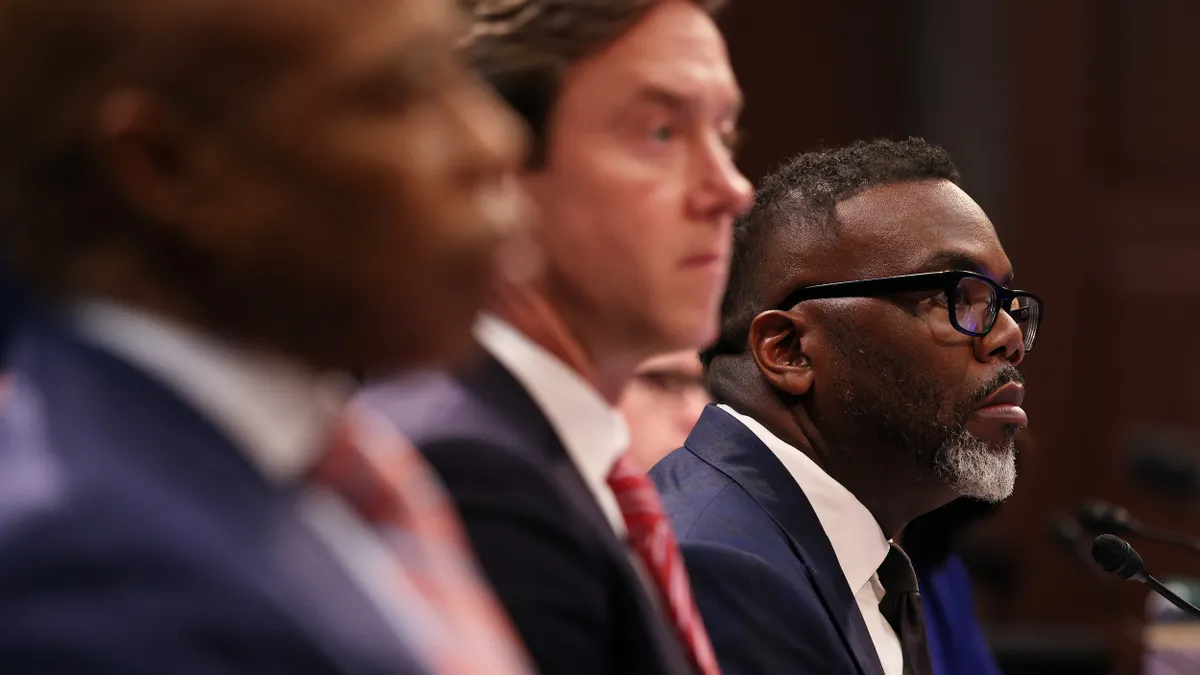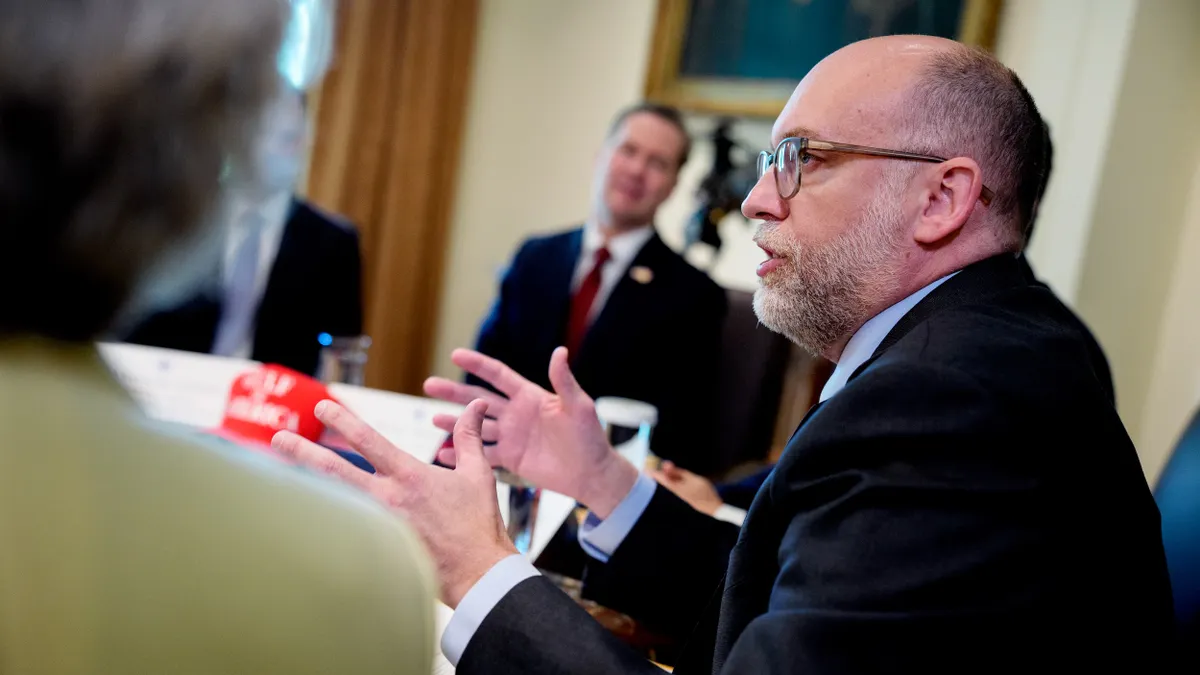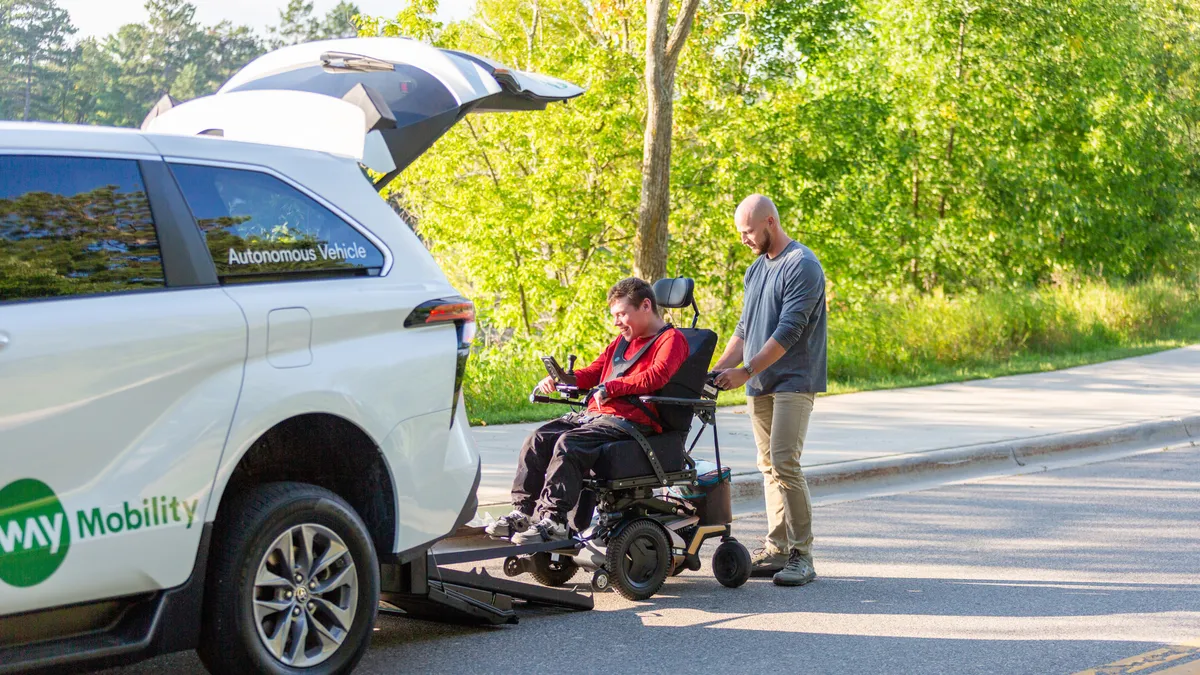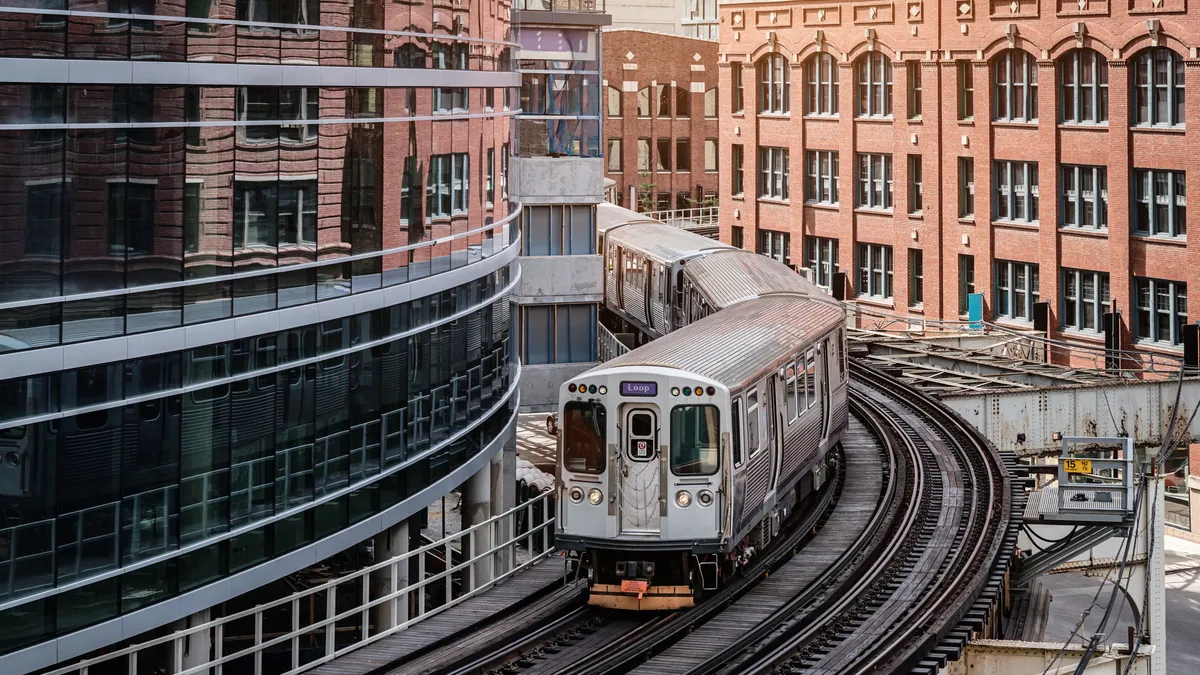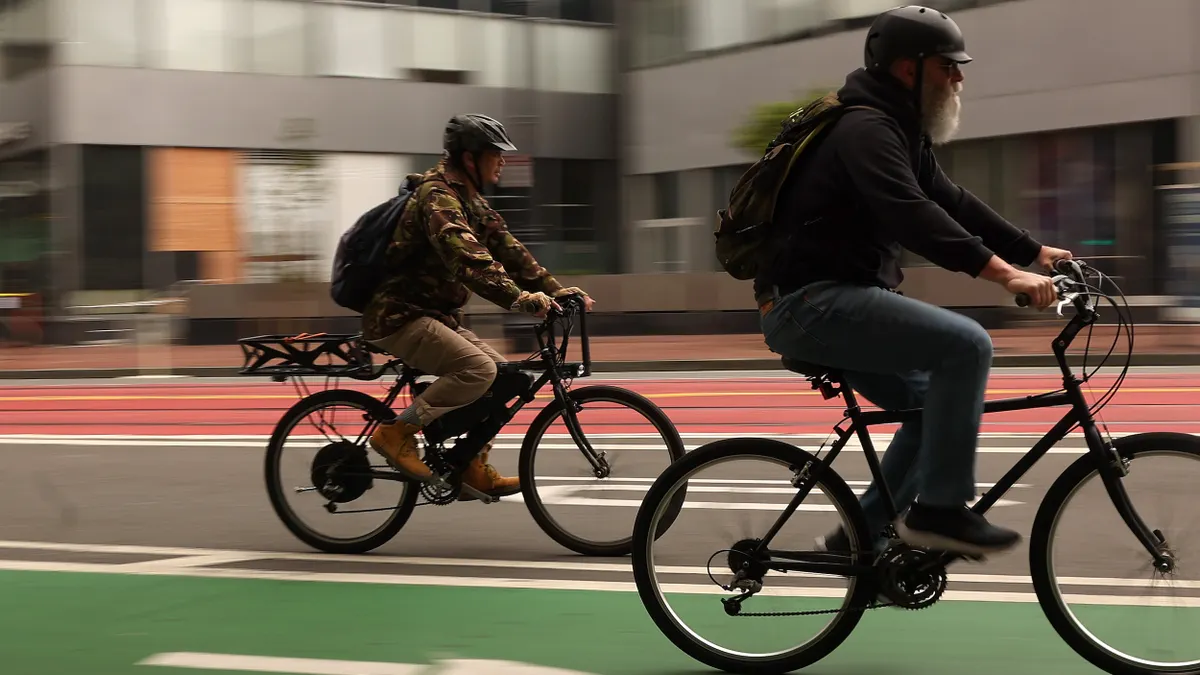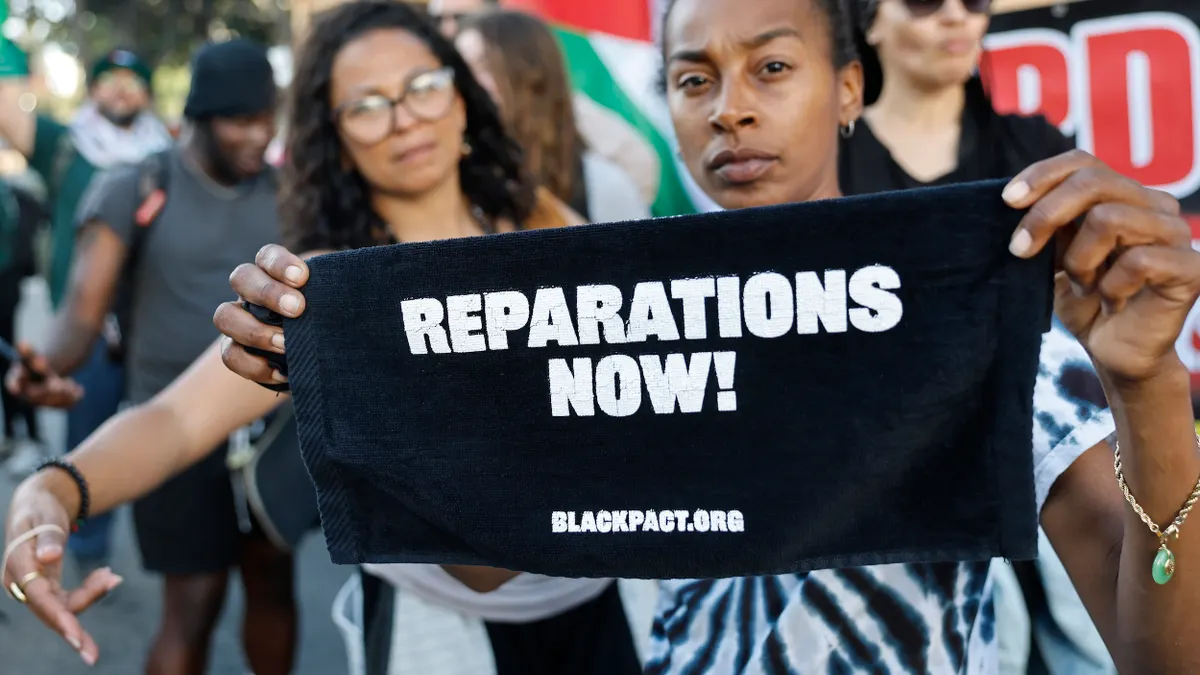UPDATE: June 17, 2025: Boston, Denver, San Francisco and Seattle on Monday joined Chicago in filing an amended complaint seeking to enjoin the Department of Homeland Security from freezing counterterrorism funds, according to a Chicago Mayor’s Office press release.
All five of the cities are considered “sanctuary cities.”
The Securing the Cities program provides 13 high-risk urban areas with resources to prevent nuclear and other terrorist threats. “DHS’s reckless freeze undermines our preparedness and puts lives at risk,” said Chicago Mayor Brandon Johnson in a statement.
Chicago filed a lawsuit in federal court in Illinois last month stating it had been unable to access reimbursements for pre-approved Securing the Cities expenditures since February 2025. Chicago is awaiting more than $1 million in reimbursements, according to the press release.
“After incurring STC costs, Plaintiffs seek reimbursement from DHS and are typically reimbursed within 72 hours,” the press release states. “Since February 2025, however, DHS has effectively ignored Plaintiffs’ reimbursement requests. DHS has further notified Plaintiffs that they must pause all radiological and nuclear detection equipment purchases.”
Chicago Mayor Brandon Johnson and Fresno, California, Mayor Jerry Dyer spoke out Monday against what they called federal and executive overreach, hours before President Donald Trump signed a new executive order threatening to cut off federal funding and potentially prosecute cities — often called “sanctuary cities” — that he said aren’t complying with federal immigration laws.
The mayors spoke during a press conference following the U.S. Conference of Mayors’ Mayors and Police Chiefs Meeting in Chicago. Johnson said “immigration policy is a federal responsibility” and called for the federal government to “do its job” by passing comprehensive immigration reform policy so cities can focus on protecting their communities.
“Cities are being threatened by the federal government [that it will] withdraw resources, and that will ultimately hurt our cities,” Johnson said.
Trump’s executive order states that “sanctuary jurisdictions that do not comply with federal law may lose federal funding.” It directs U.S. Attorney General Pam Bondi and Homeland Security Secretary Kristi Noem “to pursue all necessary legal remedies and enforcement measures to bring non-compliant jurisdictions into compliance.”
White House Press Secretary Karoline Leavitt said the executive order calls for “large-scale operations that employ our state and local enforcement partners to get criminal illegal aliens off our streets.”
Fresno’s Dyer said cities’ limited resources “should be focused on going after criminals.” He added, “We do not want our officers out there doing things that the federal government should be doing, and that is immigration enforcement.”
Community members will stop reporting crimes if they fear police officers are engaging in deportation activities and sweeps, Dyer said. “Do we want to do those things that are going to damage trust to the point we can’t receive information that keeps the community safe? That’s what this boils down to.”
The Chicago Police Department cooperates with federal agencies to fight drug trafficking, sex trafficking and violent crimes, Superintendent Larry Snelling said during the press conference. But, he said, “We don’t want anyone to be afraid to call the police because of their immigration status if they’re a victim of a crime.”
In a Truth Social post on April 10, Trump warned that he planned to withhold federal funding from sanctuary cities, writing: “No more Sanctuary Cities! They protect the Criminals, not the Victims. They are disgracing our Country, and are being mocked all over the World.”
A federal judge last week granted the 16 cities and counties who are plaintiffs in one lawsuit a preliminary injunction, saying that Trump’s Jan 25 order to cut off federal funds to sanctuary cities was likely unconstitutional.
Trump signed another executive order on Monday “strengthening and unleashing America’s law enforcement to pursue criminals and protect innocent citizens.” It calls for maximizing federal resources to train state and local law enforcement, increase pay and benefits for police officers, and promote investment in prisons. It directs Bondi to prosecute state and local officials who “willfully and unlawfully direct the obstruction of criminal law, including by directly and unlawfully prohibiting law enforcement officers from carrying out duties necessary for public safety and law enforcement.”
The order also calls for prosecuting state and local officials who engage in “discrimination or civil-rights violations under the guise of ‘diversity, equity, and inclusion’ initiatives that restrict law enforcement activity or endanger citizens.”



